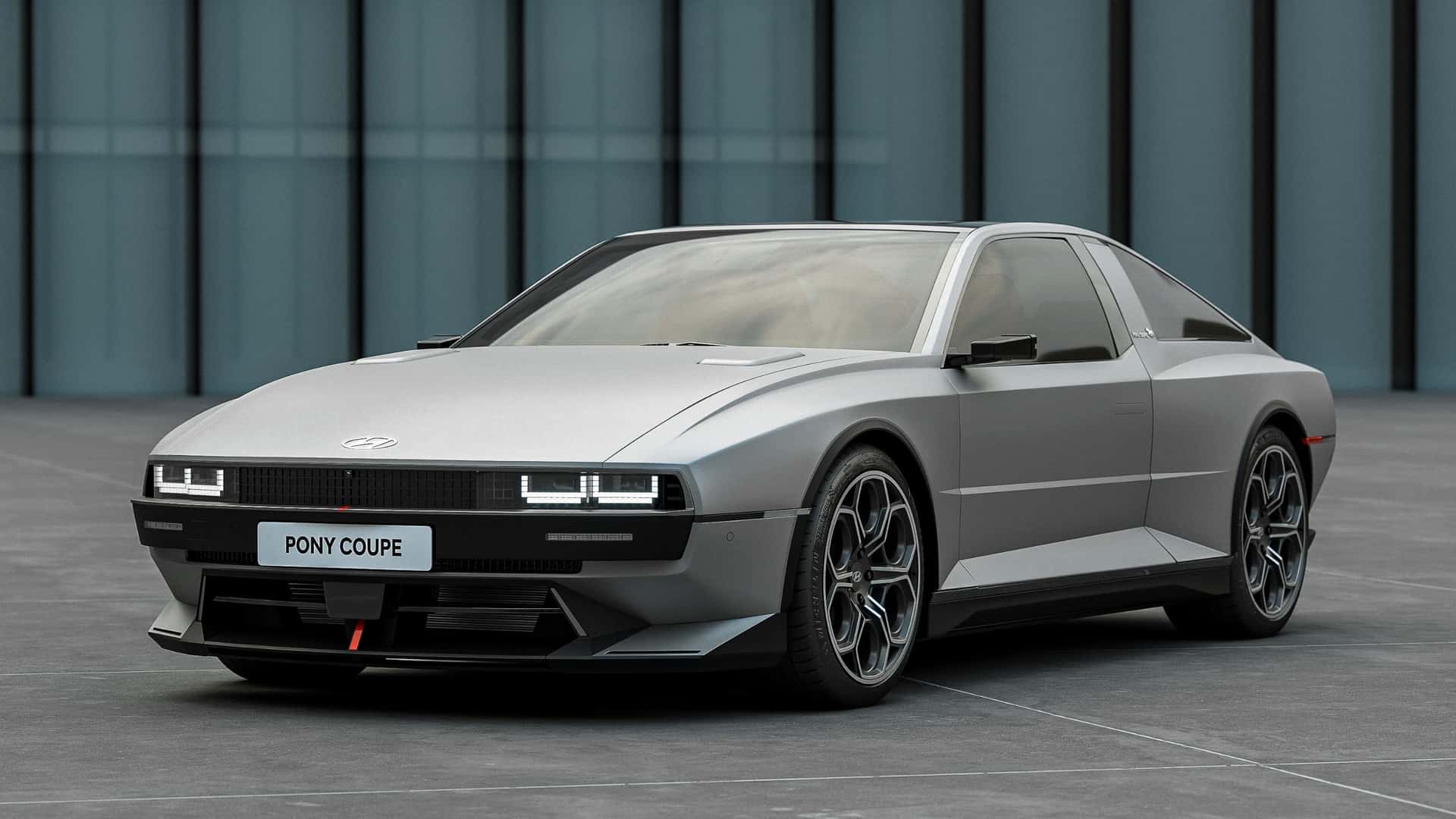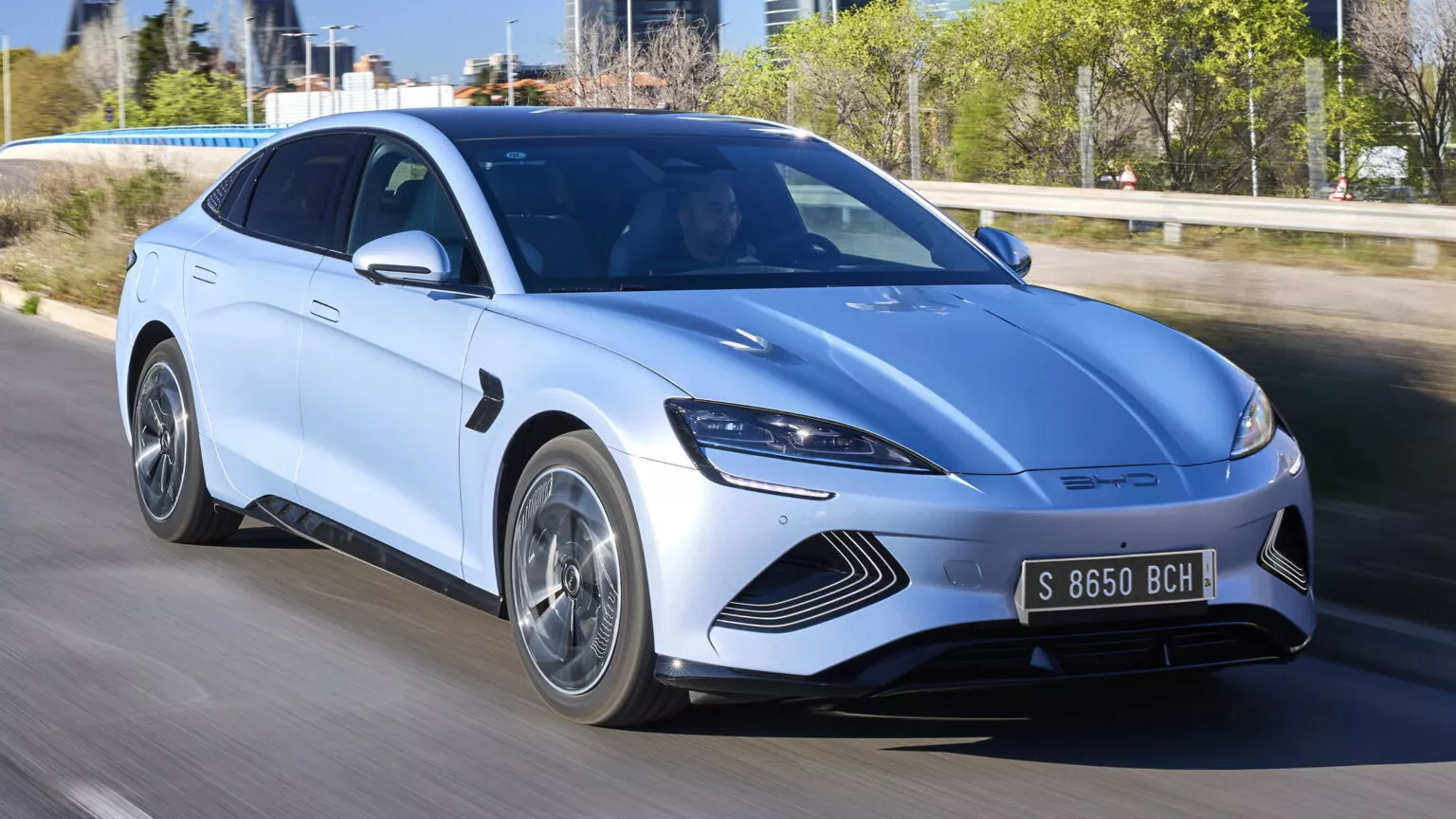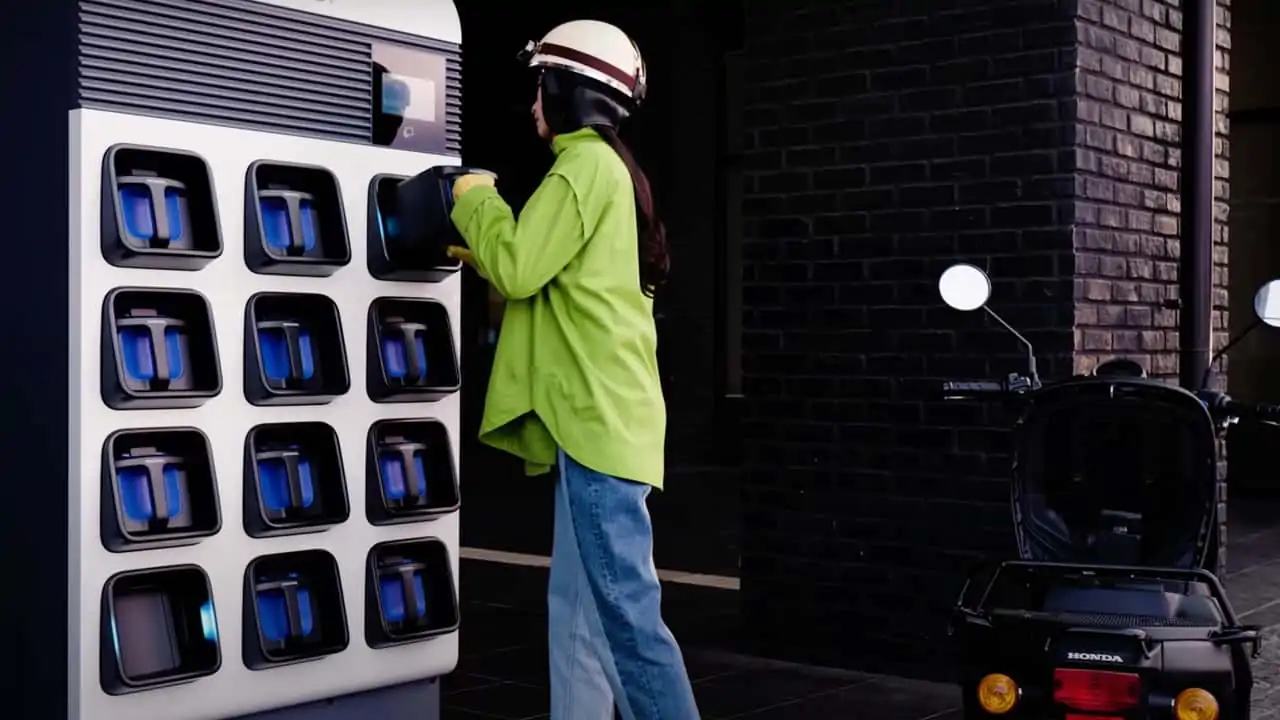European businesses are urging China to take measures to stimulate domestic consumption as the country continues its substantial investments in electric vehicle (EV) manufacturing. This plea comes in the wake of growing apprehensions within the European Union (EU) regarding the potential flood of Chinese EV exports disrupting the European automotive industry, echoing past challenges faced in the solar panel sector.
The EU recently launched an anti-subsidy investigation out of concern that Chinese EV exports could pose a threat similar to what occurred in the solar panel market. Jens Eskelund, President of the EU Chamber of Commerce in China, emphasized the EU’s previous experience with the solar panel market, where overcapacity caused by Chinese exports had severe consequences.
See also: EU Launches Investigation into Chinese Electric Vehicle Subsidies Amid Market Concerns
Eskelund pointed to the rapid expansion of EV production in China, which far surpasses the current market demand, as a source of concern in Europe. In the chamber’s annual position paper on China, they call for “demand-side policies” and a more “predictable policy landscape” to encourage domestic consumption and provide consumers with safeguards against sudden government policy changes.
China’s growing expertise in electric vehicles is expected to trigger a significant industry transformation. UBS analysts anticipate that by 2030, Chinese brands could account for as much as one-fifth of cars sold in Europe, a substantial increase from the mere 3 percent in the previous year, potentially challenging established automakers.
See also: France Plans to Exclude Chinese EVs from Subsidy Program Amidst EU Investigation
China’s approach to the EV sector, characterized by substantial subsidies and local government support leading to overinvestment and excess capacity, has raised concerns among foreign executives. According to CRU, a research group, the average utilization rate of Chinese lithium-ion battery factories dropped to 45 percent last year and has further declined in the first half of this year. Current projections suggest a substantial surplus of battery production capacity by 2030, well beyond what is necessary to transition the entire car fleet to electric power.
EU Trade Commissioner Valdis Dombrovskis is scheduled to visit China for talks, which were already expected to be challenging even before the anti-subsidy inquiry was initiated.
Eskelund emphasized the importance of a fair and transparent investigation while suggesting that China’s substantial trade imbalances may be influenced by its industrial policies. In 2022, the EU’s goods trade deficit with China reached €396 billion ($423 billion), compared to €144 billion in 2017.
See also: China Urges EU to Engage in Dialogue Over Electric Vehicle Investigation
The European chamber’s position paper includes recommendations for China to enhance productivity by emphasizing market forces and depoliticizing the business environment. The paper also calls for China to encourage open discussions, following increased crackdowns on public discourse about the state of the economy.
Additionally, the chamber urges China to continue its commitment to a low-carbon transition, as the country has recently reverted to using coal to power manufacturing and exports in an effort to stimulate economic growth.







